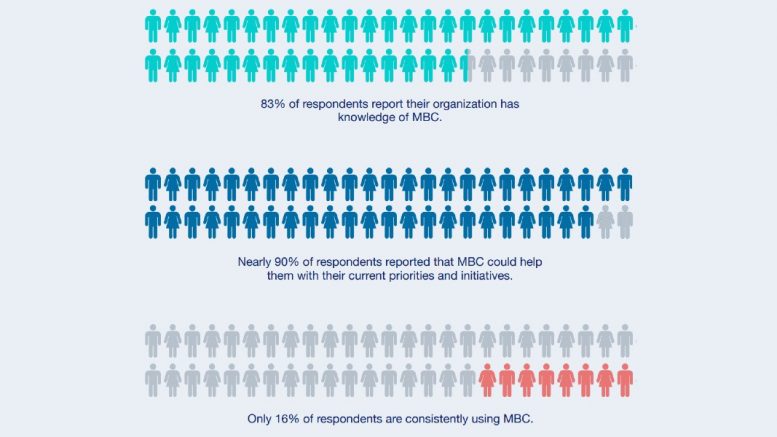Nearly 100 community mental health center executives weigh in on priorities, the use of measurement-based care, and preparing for value-based care in a survey conducted by Owl and mhca
Owl, a behavioral health technology company in partnership with mhca, a national association of innovative behavioral health executives, released the results of a survey on the state of behavioral health. Respondents included nearly 100 behavioral health executives from community mental health centers across the country.
The research identified the top priorities of behavioral health executives, which include:
-
Training and retaining clinical staff
-
Delivering the right treatment at the right time to the right person
-
Expanding access to services
-
Delivering evidence-based care guidelines for consistent care
-
Measuring clinical outcomes at the individual level
The survey also revealed that while executives overwhelmingly report measurement-based care could help them with their current priorities and initiatives, only 16% are consistently using it. Only one-third (33%) called their organizations “very familiar” or “extremely familiar” with measurement-based care.
By definition, measurement-based care is the systematic evaluation of patient symptoms before or during each clinical encounter to inform behavioral health treatment. Measurement-based care enhances clinical decision-making and quality of care, enriches communication between patient and provider, and demonstrates patient’s progress. Additionally, it provides objective data that helps increase access with current resources to meet the demand for services.
“Our mhca members are innovative, entrepreneurial CEOs of the country’s leading Community Mental Health Centers,” said Dale Shreve, president and chief executive officer of mhca. “They are facing unprecedented challenges in delivering behavioral health care to those most in need and this survey shines a light on those challenges and ways to help overcome them with a data-driven, measurement-based care solution.”
“Improving access to care and patient outcomes in behavioral health starts and ends with data,” said Eric Meier, president and chief executive officer of Owl. “The survey indicates that behavioral health executives know measurement-based care can help them meet their current priorities and initiatives but are facing obstacles integrating it into their practice. Owl removes these barriers to make measurement-based care easy and burden-free for clinicians, leading to highly rewarding, effective, and efficient care.”
The survey findings also revealed nearly a quarter (24%) of respondents feel “a little” or “not at all” prepared for value-based reimbursement models. When asked to select the type of payer contracts in use today, the majority (91%) reported using fee-for-service contracts. Of those who reported concerns about value-based reimbursement, 51% cited data and reporting concerns.
The data from this survey highlights that behavioral health organizations are working tirelessly to employ exceptional clinical staff, expand access to services, improve care, and better measure outcomes. It also shows that these organizations need additional capabilities to better meet today’s priorities.
The full survey results can be accessed here.
Owl executives will be discussing the research results at NatCon22. You can schedule a time to meet with Owl to discuss the research at booth #324, April 11-13, 2022, at the Gaylord National Resort & Convention Center in the Washington, D.C., metropolitan area.

